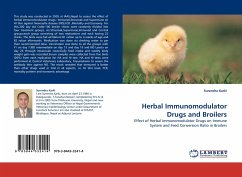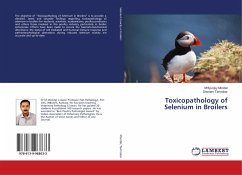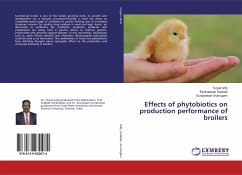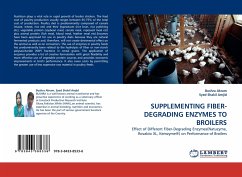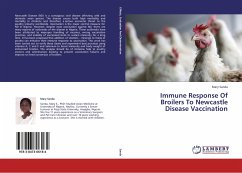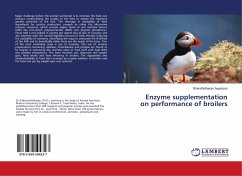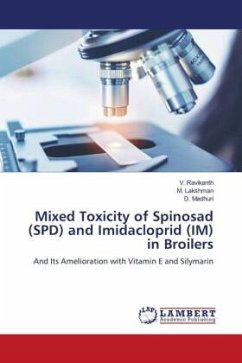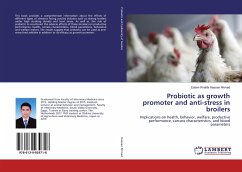This study was conducted in 2005 at IAAS,Nepal to assess the effect of herbal immunomodulator drugs Immuved,Stresroak and Supermune on HI titre against Newcastle disease (ND),FCR ,Mortality and Economy. For this,200 day old Cobb-100 broiler chicks were randomly divided into four treatment groups, viz.Stresroak,Supermune,Immuved and Control groups;each group consisting of two replications and each having 25 chicks. The birds were fed ad libitum B1 ration up to 4 weeks of age and B2 ration afterwards. Medication was done via drinking water as per their recommended dose. Vaccination was done to all the groups with F1 on day 7,IBD intermediate on day 13 and day 19 and ND Lasota on day 26 through intraocular route.Daily feed intake and weekly body weight gain was recorded.Serum samples were collected from five birds (20%) from each replication for HA and HI test. HA and HI tests were performed at Central Veterinary Laboratory, Tripureshwor to assess the antibody titre against ND. The result revealed that Immuved is better than other drugs used in trial in all aspects, i.e. HI titre level, FCR, mortality pattern and economic advantage.
Bitte wählen Sie Ihr Anliegen aus.
Rechnungen
Retourenschein anfordern
Bestellstatus
Storno

